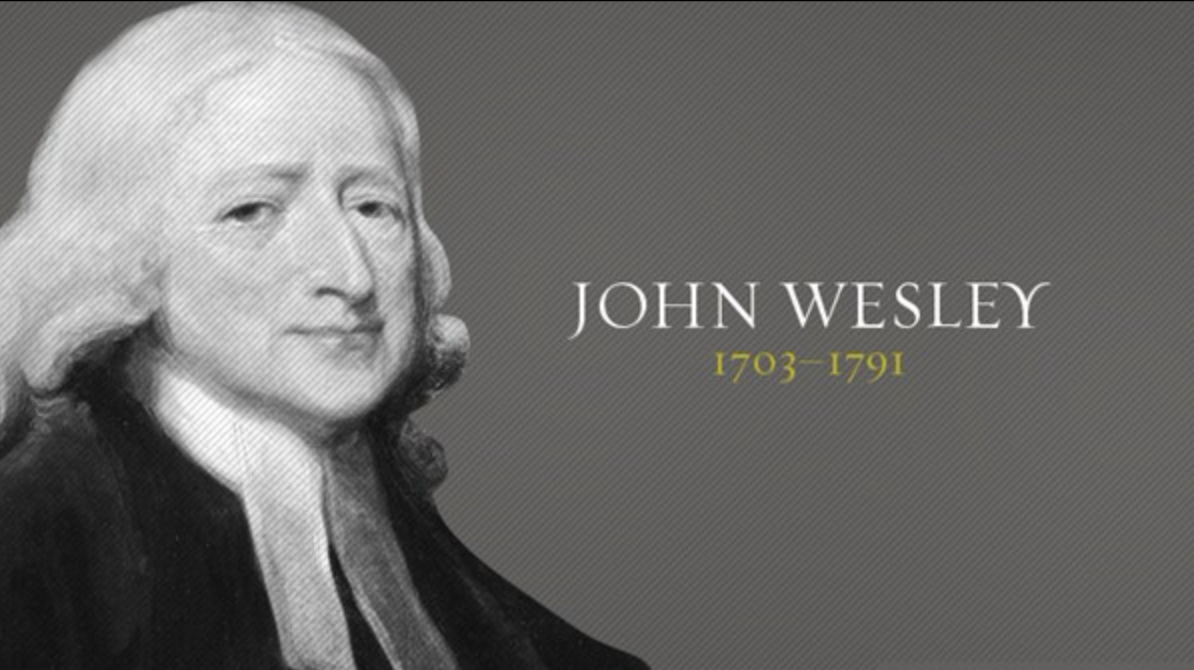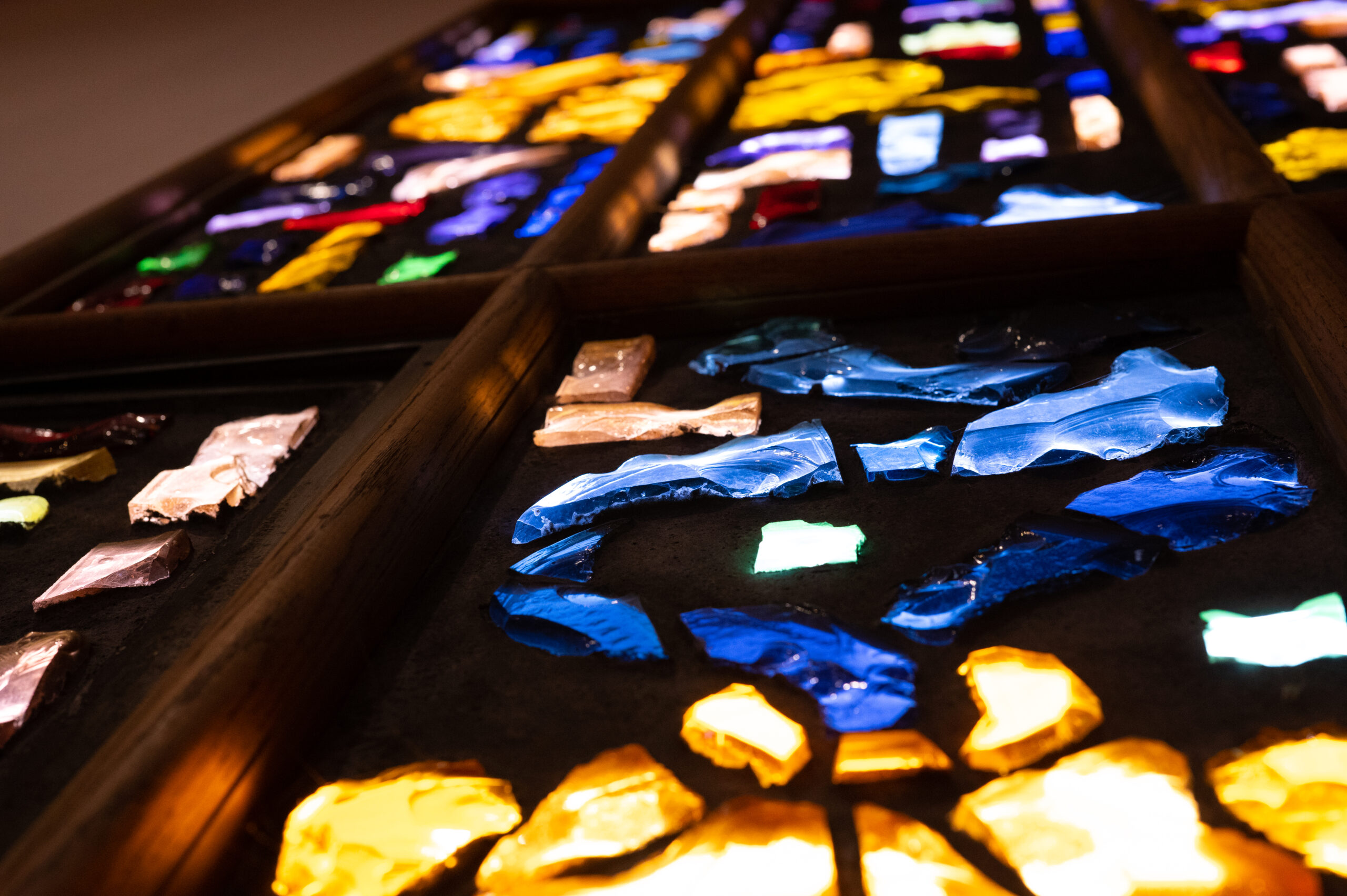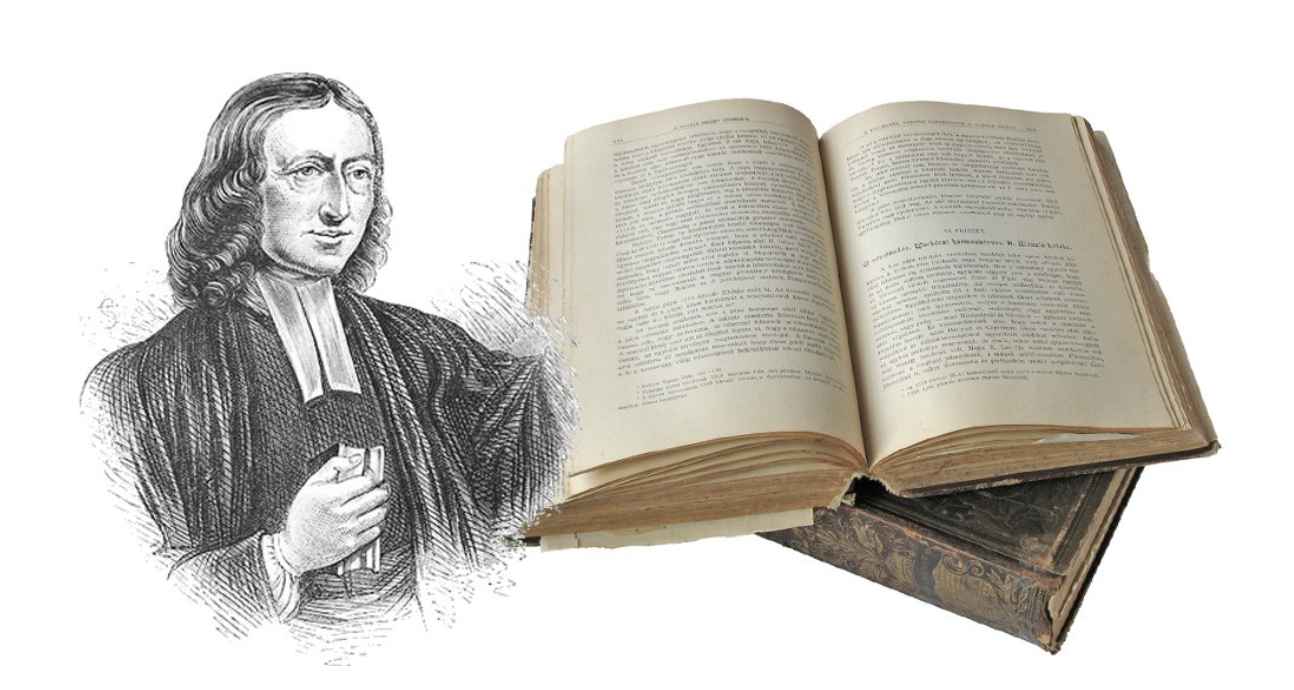John Wesley was an English clergyman, theologian, and founder of the Methodist movement. Born in 1703 in Epworth, Lincolnshire, England, he was the fifteenth of nineteen children. His father, Samuel Wesley, was a Church of England clergyman and his mother, Susanna Wesley, was a devout Christian who instilled a deep faith in her children.
John Wesley’s upbringing was rigorous and he was well-educated, attending Oxford University where he studied theology. In 1728, John Wesley was ordained a priest in the Church of England and served as a curate in his father’s parish. He returned to Oxford University in 1729 as a fellow and served as a tutor and lecturer in theology.
Holy Club
During this time at Oxford, John Wesley and his brother Charles formed the Holy Club, a group of like-minded individuals who were committed to prayer, Bible study, and acts of charity. The Holy Club later became known as the Methodists, a name which was given to them because of their methodical approach to spiritual disciplines. Members of the Holy Club cultivated inward spirituality by studying daily and fasting on Wednesdays and Fridays until 3 pm, and they complemented this with acts of outward holiness such as giving food to poor families, caring for the sick, teaching reading skills to orphans, and visiting prisoners.
It was during this time that John Wesley learned to live out his faith with the same methodical devotion that he applied to his spiritual life. In 1735, John and his brother Charles traveled to the colony of Georgia to serve as missionaries in the New World.
Missionary Work
John Wesley’s time in Georgia was challenging, as he struggled with the harsh conditions and the cultural differences between himself and the Native Americans. Despite these difficulties, he continued to preach and teach, and his experiences in Georgia helped to shape his understanding of the Christian faith.
The deep faith and spirituality of the Moravian Christian settlers he encountered in the new world also had a particularly strong impact on John Wesley. During his voyage from England, he was caught in a storm at sea and feared for his life, but he was struck by the calm faith of a group of Moravians who were also on board. This experience led Wesley to a deeper understanding of the importance of faith and a personal relationship with God.
Founding of the Methodist Movement
Upon his return to England, John Wesley began to feel depressed and dissatisfied with his ministry. This changed on 24 May 1738, when he attended a Moravian meeting in Aldersgate Street, London, where he heard a reading of Martin Luther’s preface to the Paul’s Epistle to the Romans. Paul’s message of grace stirred John Wesley out of his depression and gave his ministry a renewed sense of passion and urgency. He traveled extensively throughout England, preaching in churches, fields, and marketplaces. His preaching was often controversial, as he challenged many of the established beliefs and practices of the Church of England. He was also known for his strict moral code and his emphasis on personal holiness and the pursuit of perfection.
The Methodist movement grew rapidly, and John Wesley continued to travel and preach, often preaching several times a day. He also wrote extensively, producing numerous books, sermons, and hymns. His brother Charles was also a prolific hymn writer, and many of their hymns are still sung today.
Legacy
John Wesley’s impact on Christianity was significant. His emphasis on personal holiness and the pursuit of perfection continues to influence Christians today. His focus on social justice and his commitment to caring for the poor and marginalized have also been an inspiration to many.
The Methodist Church, which was founded by John Wesley, has grown into a global movement with over 80 million members worldwide. The Methodist Church has been influential in many areas, including education, healthcare, and social justice.
Conclusion
John Wesley was a man of deep faith and great conviction. His life and legacy have had a significant impact on Christianity and on the world. His emphasis on personal holiness, the pursuit of perfection, and social justice continue to inspire Christians today. The Methodist movement, which he founded, has grown into a global movement and continues to be a force for good in the world.






